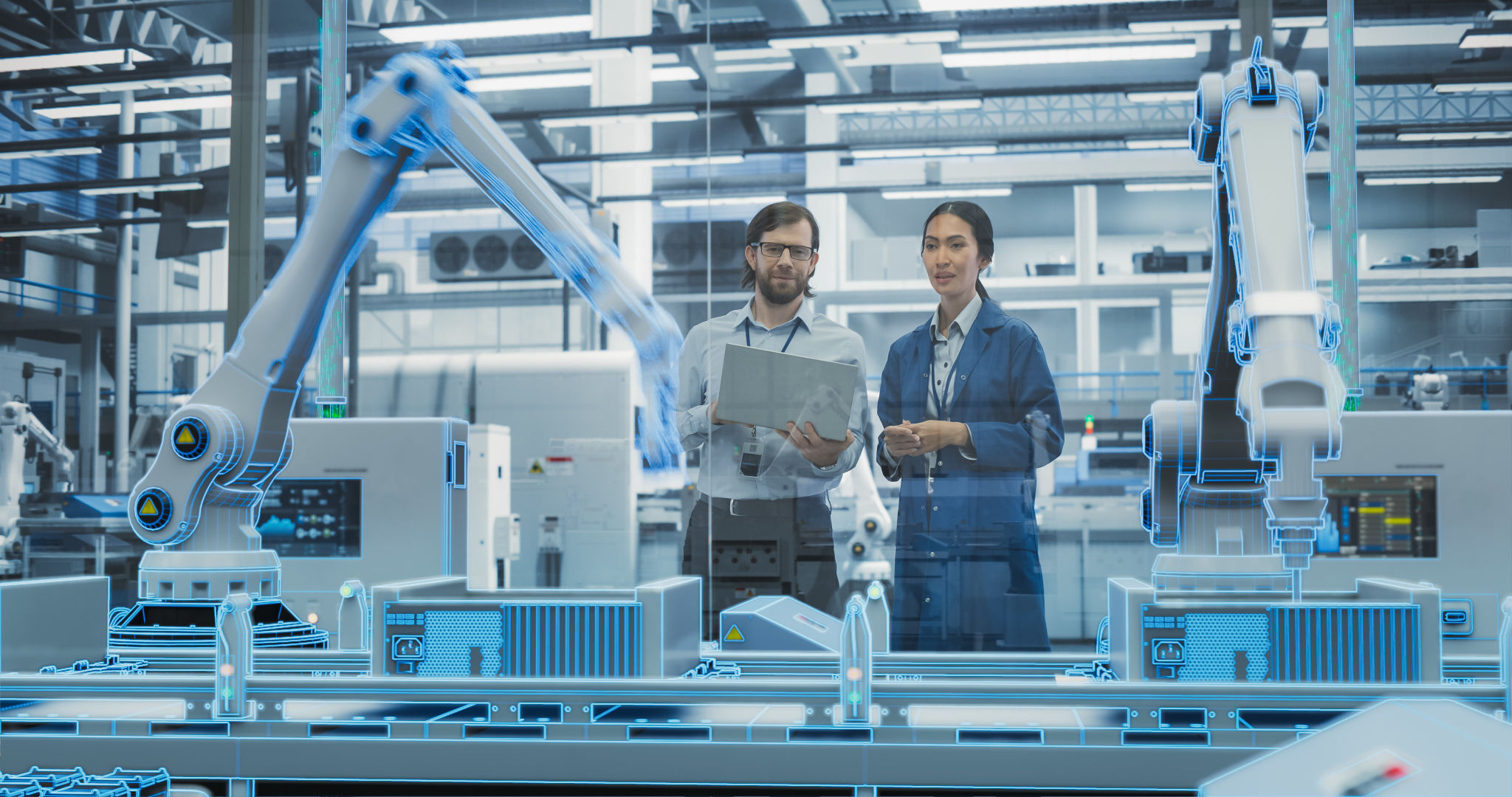Expert Insights: The Future of Industrial Automation in Hungary
Introduction to Industrial Automation in Hungary
As Hungary continues to position itself as a hub for innovation and technology, industrial automation is playing a pivotal role in reshaping the landscape. With advancements in robotics, artificial intelligence, and the Internet of Things (IoT), Hungarian industries are embracing automation to enhance efficiency and competitiveness. This transformation is not only driving economic growth but also creating new opportunities for skilled professionals.

The Current State of Automation
Currently, Hungary is witnessing a significant increase in the adoption of automation technologies across various sectors. Manufacturing, automotive, and logistics are at the forefront, leveraging automated systems to boost productivity and reduce operational costs. Companies are integrating smart technologies to streamline processes, ensuring higher precision and consistency in production.
The government, recognizing the potential, has been supportive by implementing policies that foster innovation. These include funding programs for research and development and incentives for companies investing in automation technologies. As a result, Hungary is becoming an attractive destination for tech-savvy investors and businesses looking to expand their automated capabilities.
Key Trends in Industrial Automation
Several key trends are emerging in Hungary's industrial automation landscape. One major trend is the rise of collaborative robots, or cobots, which work alongside human employees to enhance productivity. Cobots are particularly popular in industries where precision and adaptation to varying tasks are essential. They are cost-effective and easy to program, making them an ideal solution for small and medium-sized enterprises (SMEs).

Another significant trend is the integration of AI-driven analytics. By harnessing data from automated systems, companies can gain insights into their operations, predict maintenance needs, and optimize supply chains. This data-driven approach is transforming how businesses operate, leading to smarter decision-making and improved resource management.
Challenges Facing Industrial Automation
Despite the promising outlook, there are challenges that need to be addressed. A primary concern is the skills gap in the workforce. As automation technologies evolve rapidly, there is a pressing need for skilled professionals who can manage and maintain these systems. Educational institutions and companies must collaborate to develop training programs that equip workers with the necessary skills.
Additionally, there are concerns regarding data security and privacy. As more systems become interconnected, ensuring robust cybersecurity measures is crucial to protect sensitive information from potential threats. Companies must invest in secure technologies and protocols to safeguard their operations.

The Future Outlook
Looking ahead, the future of industrial automation in Hungary appears promising. As the country continues to invest in technology and innovation, we can expect to see further advancements that will drive economic growth. The continued collaboration between government entities, educational institutions, and industry leaders will be key to overcoming challenges and maximizing the benefits of automation.
In conclusion, industrial automation is set to transform Hungary's industrial landscape significantly. By embracing these technologies, Hungary not only enhances its competitive edge but also paves the way for a more efficient and sustainable industrial future.